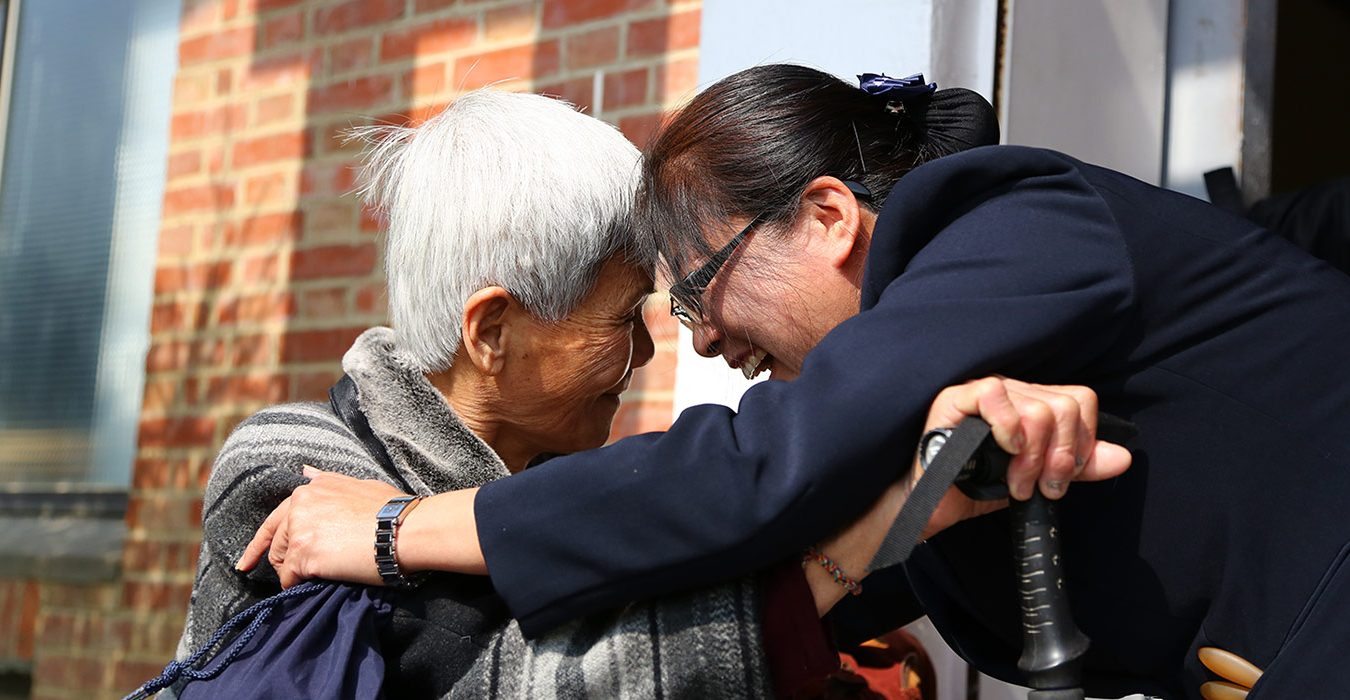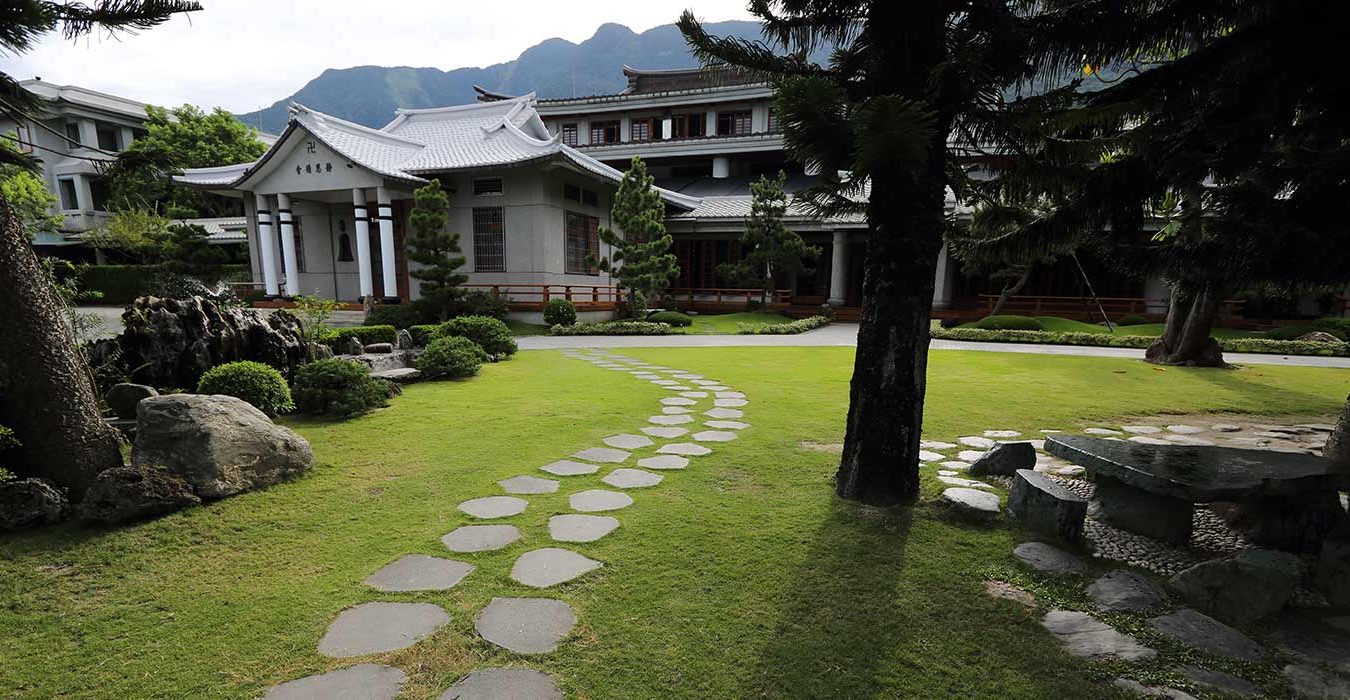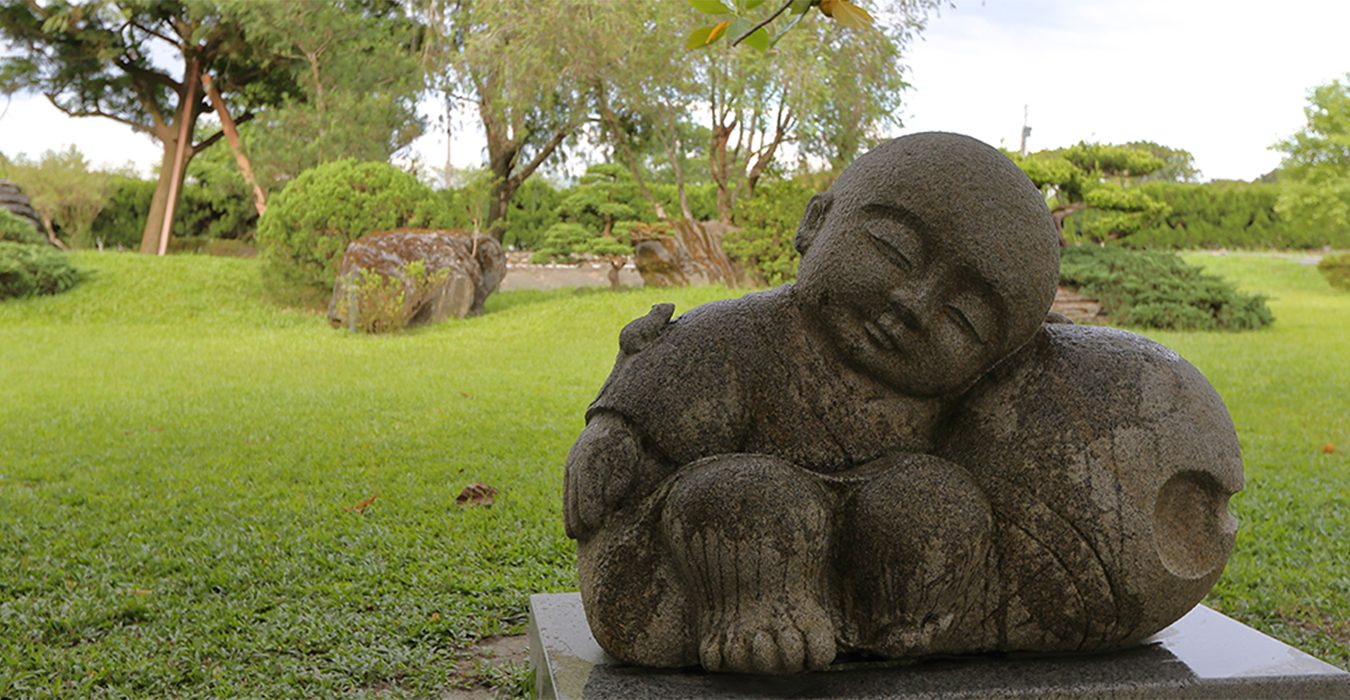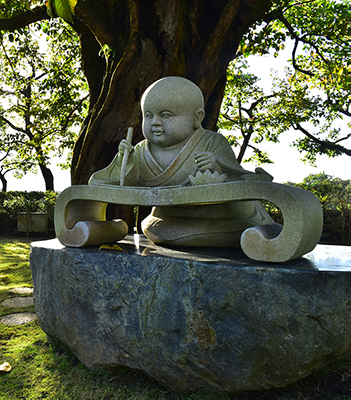
Being Self-Sufficient and Not Accepting Offerings
Context for the Teaching: Master Cheng Yen left her family and the lay life to become a monastic, setting goals for her spiritual practice and establishing the Jing Si Family Tradition.

Context for the Teaching: Master Cheng Yen left her family and the lay life to become a monastic, setting goals for her spiritual practice and establishing the Jing Si Family Tradition.

The Buddha engaged in spiritual practice and attained buddhahood for the sake of sentient beings. Since we are also engaging in spiritual practice to attain buddhahood, we should share the same spirit, mindset, and aspirations as the Buddha.

In his teachings, the Buddha spoke of the sutras, stating, “The sutras are a path. This path is a road to walk on.” This path is a road, but we have long since lost our way. When we are lost, it is easy to take a wrong step. There is a saying that goes, “A single misstep leads to a lifetime of regret.” Dharma masters teach the sutras so that we can learn to walk this path with ease and reach our destination. People who have lost their way do not know the direction of this path.

The Buddha Dharma is not impenetrably profound; everyone can learn it. In fact, we cannot do without learning the Buddha Dharma.
The Buddha Dharma is full of teachings that we can use every day, so integrating the Buddha Dharma in daily life is not difficult at all, and it can make our lives more wonderful.

Forming bodhisattva aspirations and walking the Bodhisattva Path are not difficult. The challenge is to maintain a persistent, unwavering resolve and enduring patience.

The Tzu Chi School of Buddhism requires us to have loving-kindness, compassion, joy, and equanimity. “With great loving-kindness, we have no regrets; our love is infinite. With great compassion, we have no complaints; our vows are infinite. With great joy, we have no worries; our happiness is infinite. With great equanimity, we give with no expectations; we realize infinite gratitude.”

We need to cherish our causes and conditions, maintain our resolve, give rise to deep faith and understanding, take the Dharma to heart, and put it into action.
The Jing Si Dharma Lineage is a path of diligent practice. We must inwardly cultivate sincerity, integrity, faith, and steadfastness.

The beauty of the world of Tzu Chi comes from cultivating sincerity, integrity, faith, and steadfastness internally, while practicing loving-kindness, compassion, joy, and equanimity externally. This is our place of spiritual practice.

Although the text of the Sutra of Forty-Two Chapters is relatively short, its contents encompass the essence of the Buddha’s teachings, making this sutra an optimal entry point to the profound Buddha Dharma. For Chinese readers, the Sutra of Forty-Two Chapters can be compared to the Analects of Confucius. Apart from helping people to establish their own ways of thinking and norms of personal conduct, it guides practitioners in their contemplative practice.

The Sutra of Earth Treasury Bodhisattva’s Vows, also known by the abbreviated title, The Earth Treasury Sutra, is classified as one of the Mahayana sutras. This sutra primarily focuses on explaining filial piety, the law of karma, and the practice of great vows as exemplified by Earth Treasury Bodhisattva. Although the sutra text is easy to understand, the principles it contains are profound.
Principles of The Jing Si Dharma Lineage & Tzu Chi School of Buddhism
This website outlines the core principles of Jing Si Dharma Lineage and the Tzu Chi School of Buddhism introduced via Master Cheng Yen’s teachings over time and how they paralleled key activities and events in the history of Buddhist Tzu Chi Foundation’s development. Translations and supporting content provided by the Dharma as Water Team.
© 2025.
Buddhist Tzu Chi Foundation is a 501(c)(3) nonprofit organization.